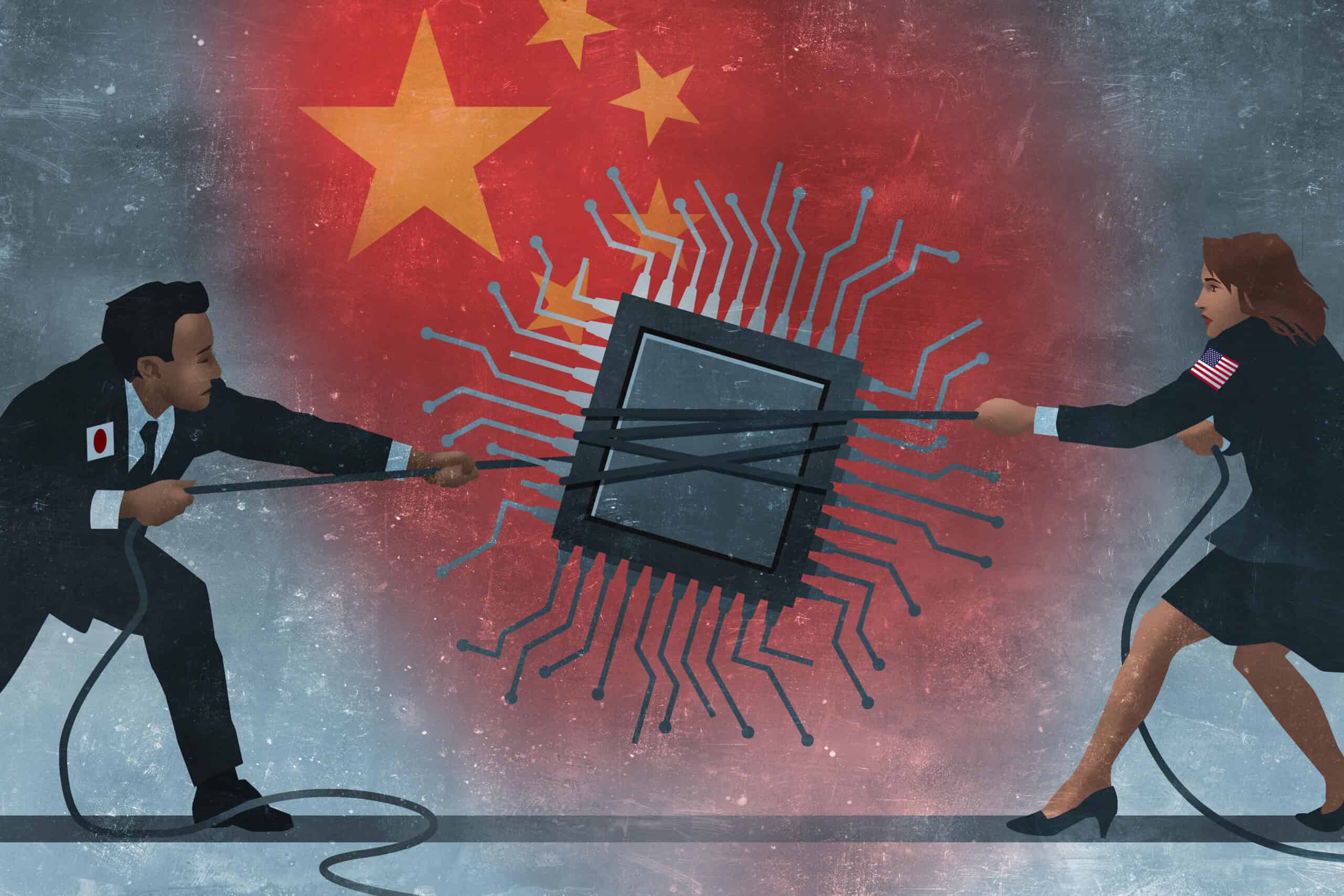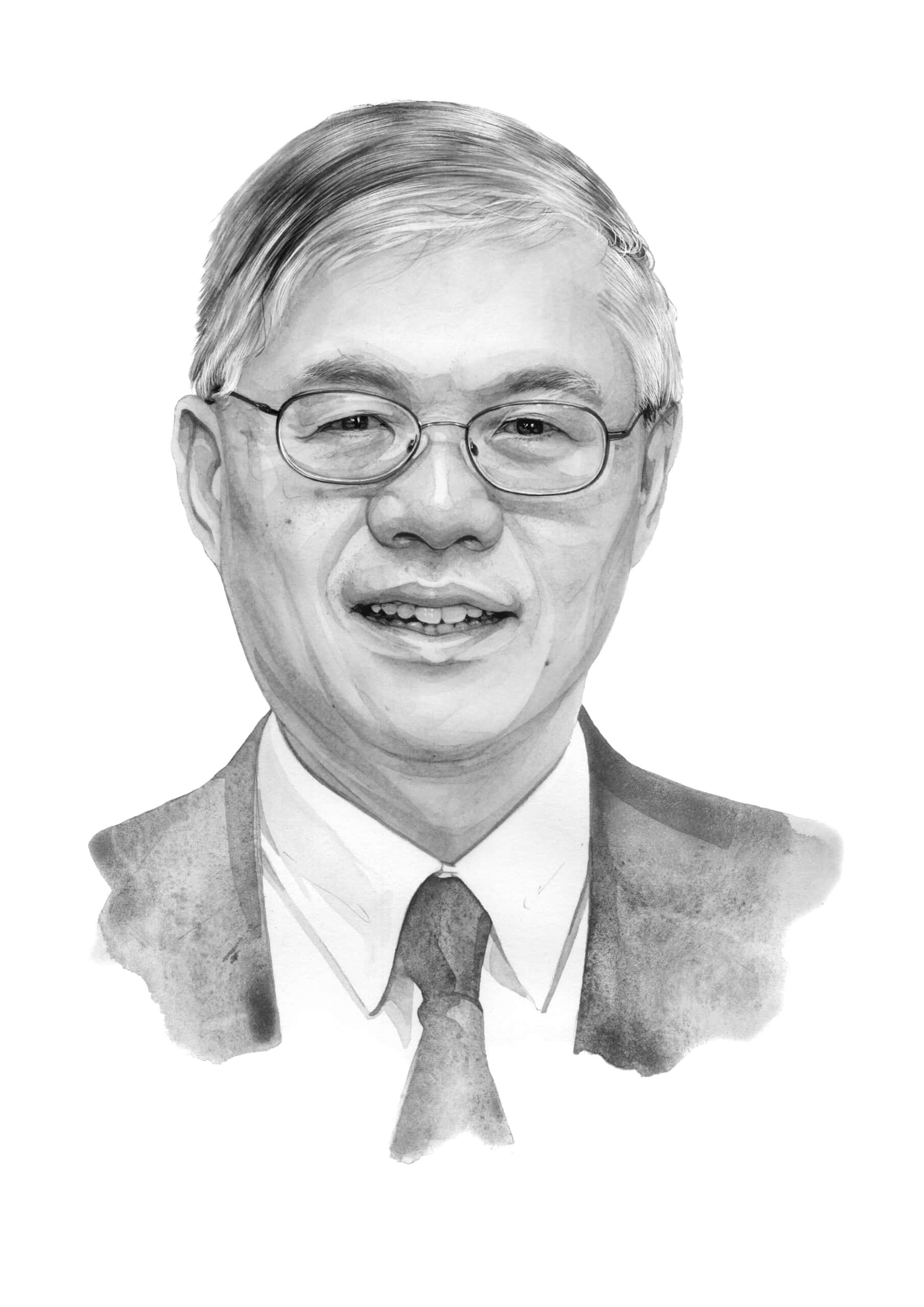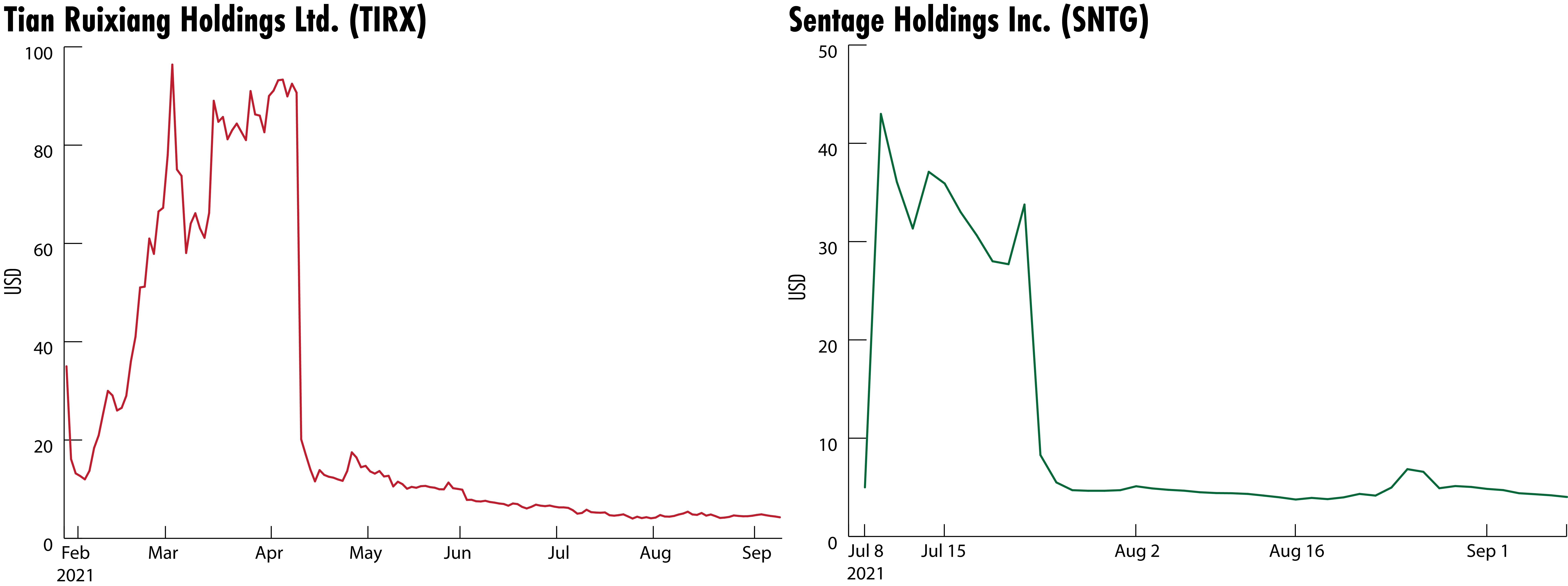
Good evening. Remember the reverse merger boom of the late 2000s? Back then, instead of going through the usual IPO process, a flood of Chinese companies went public in the U.S. through the “back door” — by merging with small U.S. companies that were already listed. Eventually, after a series of fabulous flops caught the attention of short sellers who conducted investigations, many of these firms were found to have fudged their financials. Now, if what short sellers allege in this week’s cover story is true, then dubious Chinese companies may be going straight through the front door — IPOing with the help of U.S. advisors. Elsewhere, we have a Q&A with Jeff Immelt, the former CEO of GE, on what business leaders get wrong about globalization; infographics on Yunfeng Capital, Jack Ma’s private equity firm; an op-ed by Eyck Freymann and Alice Politi about where the U.S. and Europe still disagree on China; and an op-ed by Angela Huyue Zhang on what China’s new data privacy law really means. If you’re not already a paid subscriber to The Wire, please sign up here.
Want this emailed directly to your inbox? Sign up to receive our free newsletter.
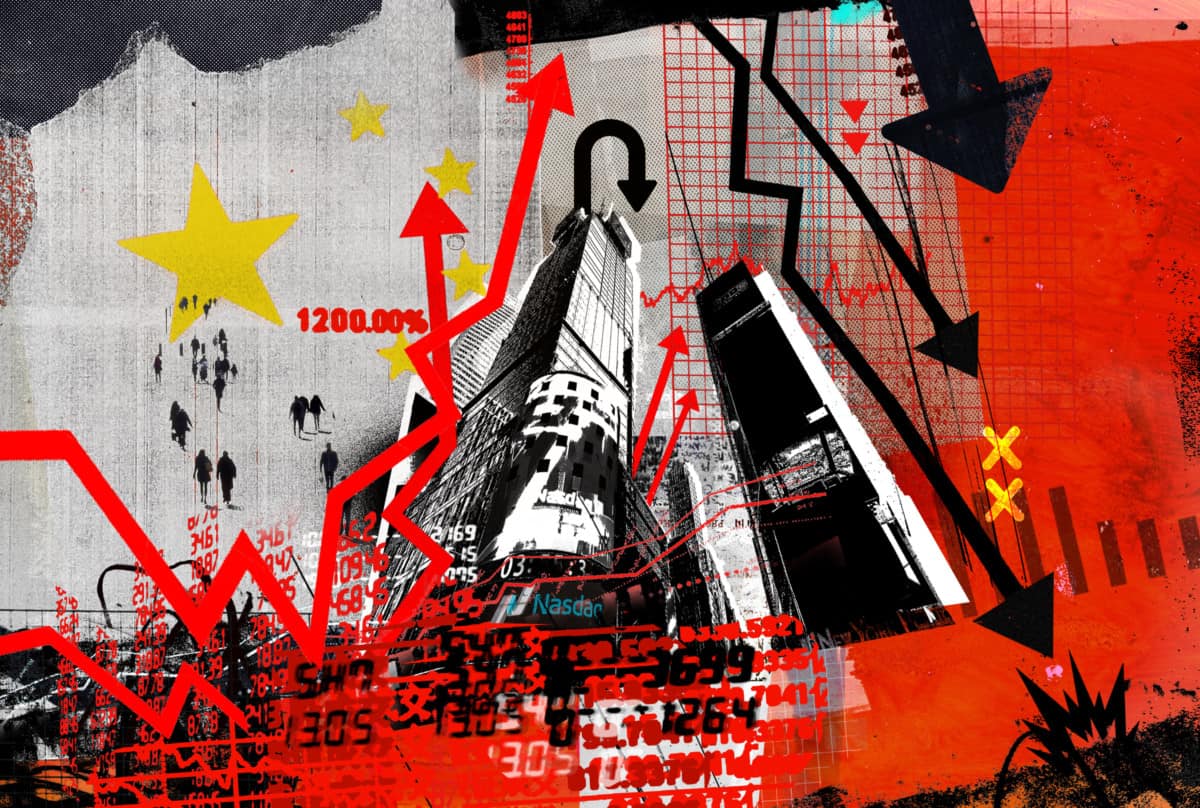
The Boom-Bust Backlash
From the scandal of Luckin Coffee to the collapse of Didi, big names have dominated the discussion of Chinese companies listing on U.S. exchanges. But, as Katrina Northrop reports, some analysts say it’s time to look more closely at the wild stock movements of several small cap Chinese companies — and the U.S. firms that advise them — to better understand where the system of overseas listings is vulnerable to fraud.
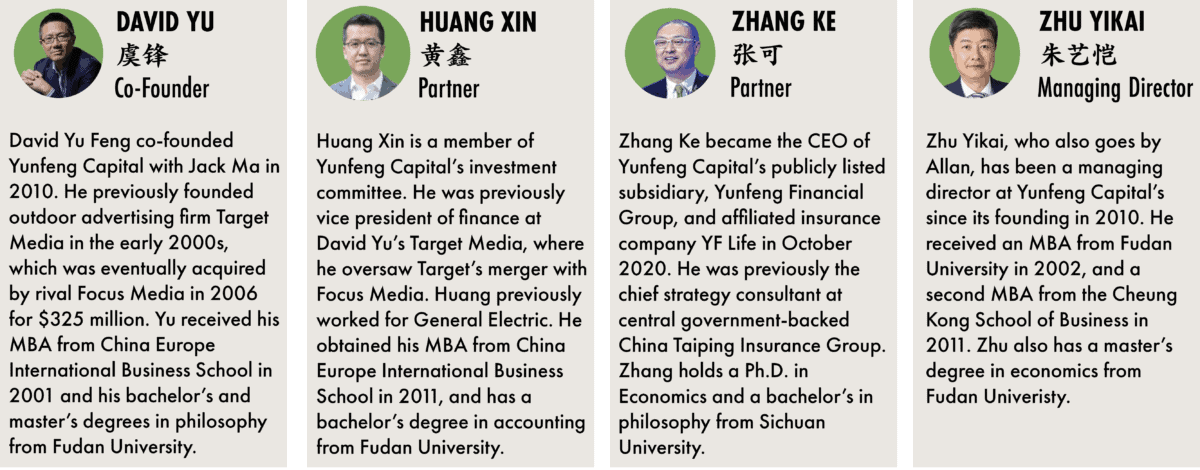
Data: PitchBook, Yunfung Financial, Yunfung Capital
The Big Picture: Who is Yunfeng Capital?
The turbulence surrounding Jack Ma has now spread to Yunfeng Capital, the private equity firm he set up in 2010. This week, we’re taking a closer look at the firm, which has a reported $7.2 billion of assets under management, according to PitchBook, and ambitions to be a major player in China’s tech sector.
A Q&A with Jeff Immelt
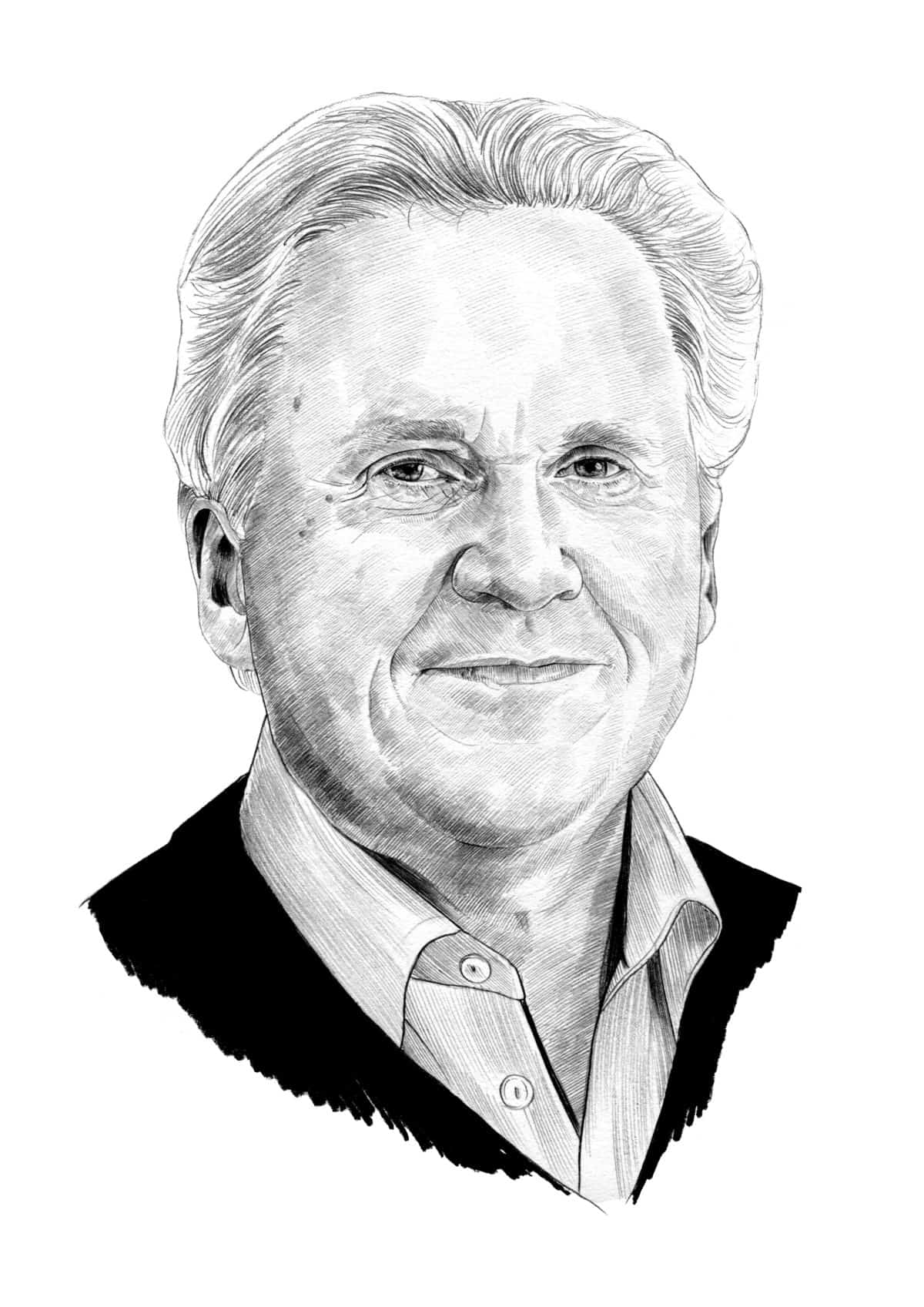
Jeff Immelt is one of the U.S.’s most prominent business leaders, having served as the chief executive officer of General Electric from 2001 to 2017. In this week’s Q&A, he talks to David Barboza about how GE grew its China business while balancing U.S. interests, and what the next generation of CEOs needs to understand about globalization.
Jeff Immelt
Illustration by Lauren Crow
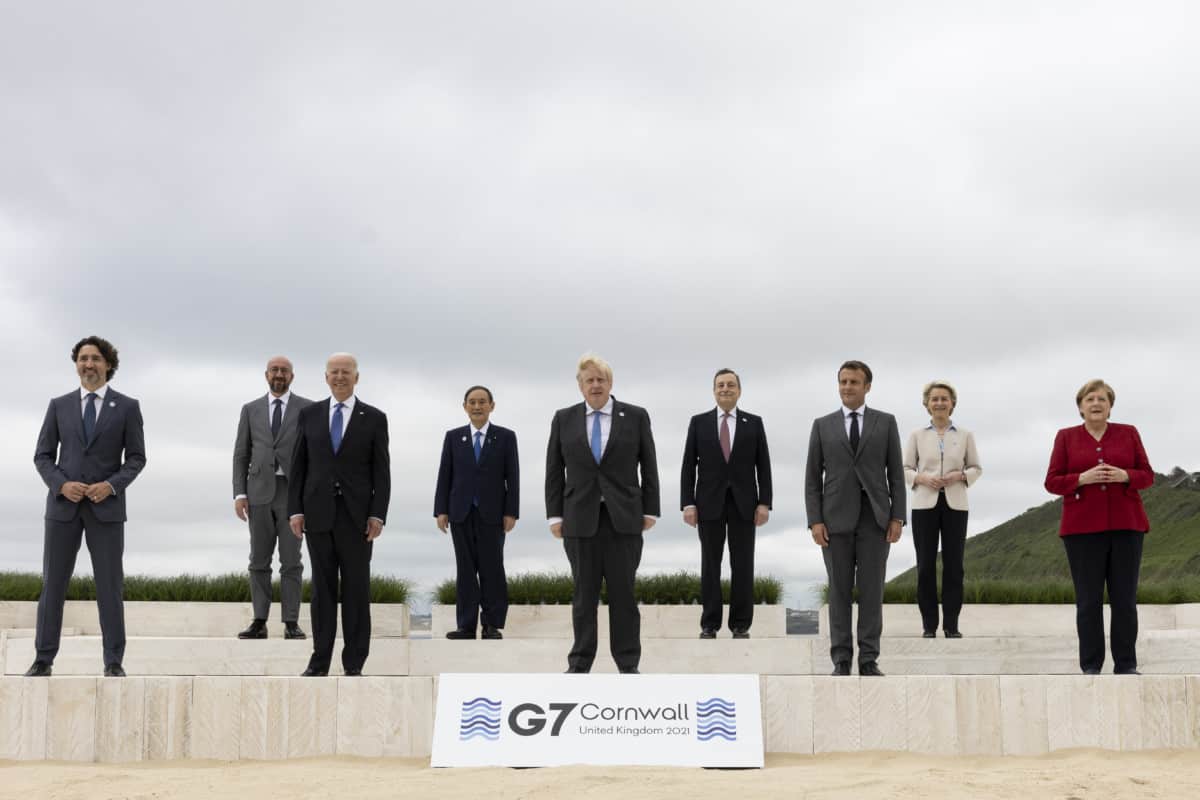
Europe and America Still Don’t Agree on China
The real story of the G7, argue Eyck Freymann and Alice Politi, is not one of “the West” coming together on a common China policy. It is a story of the U.S. and Europe coming together around separate, partially overlapping China policies. From the G7 to NATO statements, it’s clear that in Europe, Beijing is still seen as a “competitor” and “partner” — not, as the U.S. says, a “rival.”

Data Privacy Chinese-Style
China’s new Personal Information Protection Law represents an important first step toward protecting the privacy of Chinese citizens, and it will undoubtedly increase the compliance burden for major tech firms. But, as Angela Huyue Zhang argues this week, the PIPL may turn out to be far weaker than it appears.
Subscribe today for unlimited access, starting at only $19 a month.

